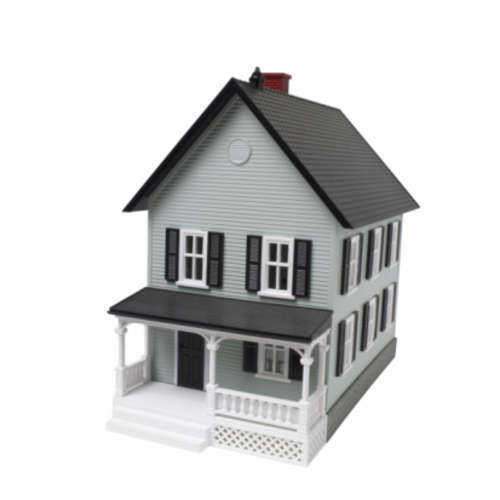Is Real Estate Rental Service Right for You?

A real estate rental service is an agency or corporation that aids in the transaction between land owner and renter. In essence, a real estate rental service is a middle man, that works for both sides of the transaction to make a deal possible. A real estate rental service is held separately from a typical real estate company because the rental agency is not looking for prospective buyers of land, but instead, prospective renters. This form of real estate is growing due to the economic frailty of the United States.
As the real estate market continues to weaken, many individuals are refraining from owning homes. Buying in a hampered market, can increase an individual’s susceptibility to a further downturn or a bubble burst; when this occurs, the person’s investment on the home or apartment will invariably decrease. As renting properties continues to become more popular, the real estate rental service thus has become an important resource in the industry.
A real estate rental service will work with all sorts of prospective renters. Individuals who move to a new country or city, families looking to go on vacation and rent a property, or people who are looking to a rent an apartment for an extended period of time can all use the services of a real estate rental service. A real estate rental service will work closely with the prospective renter to draw up a preference sheet.
Once the renter has chosen the desired amount of space, location, rooms, etc. the real estate rental service will use their resources to align a suitable match. By doing this, the real estate rental service has facilitated the search for rented party. Without their service an individual would have to broker private negotiations for personal property. As a result of the streamlined search process, the real estate rental service will charge a percentage commission for brokering the transaction.













